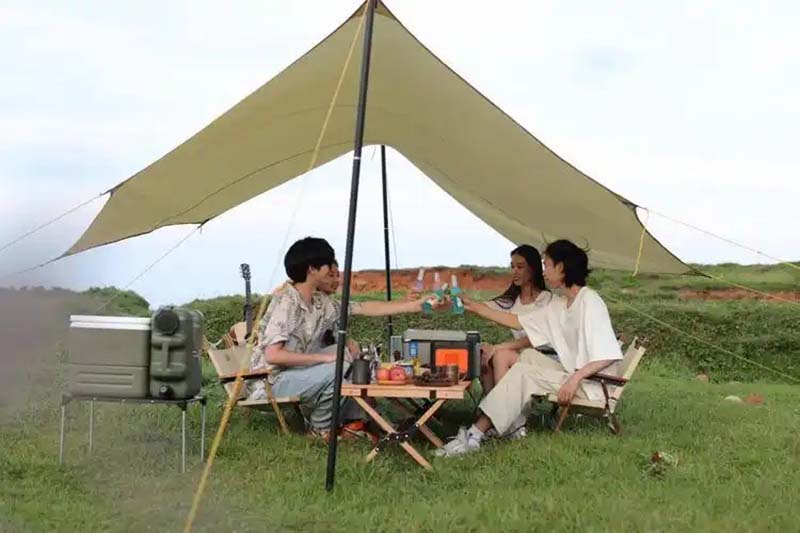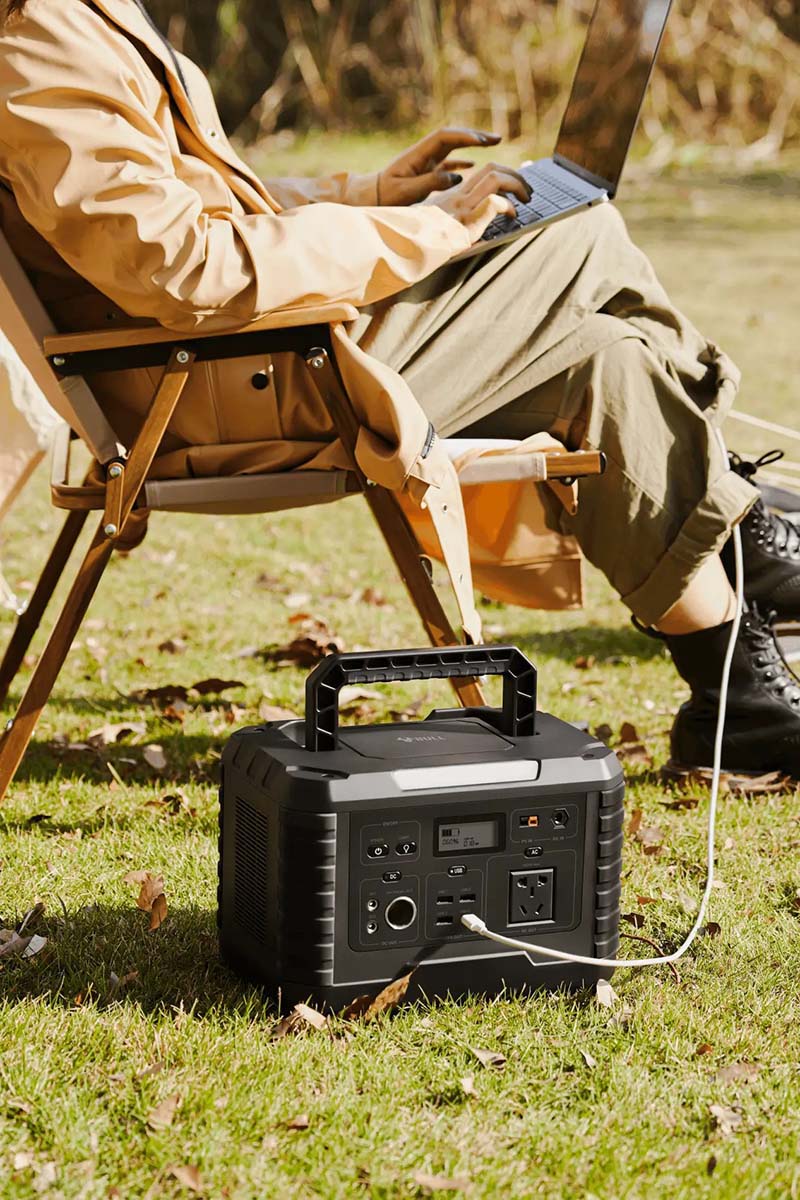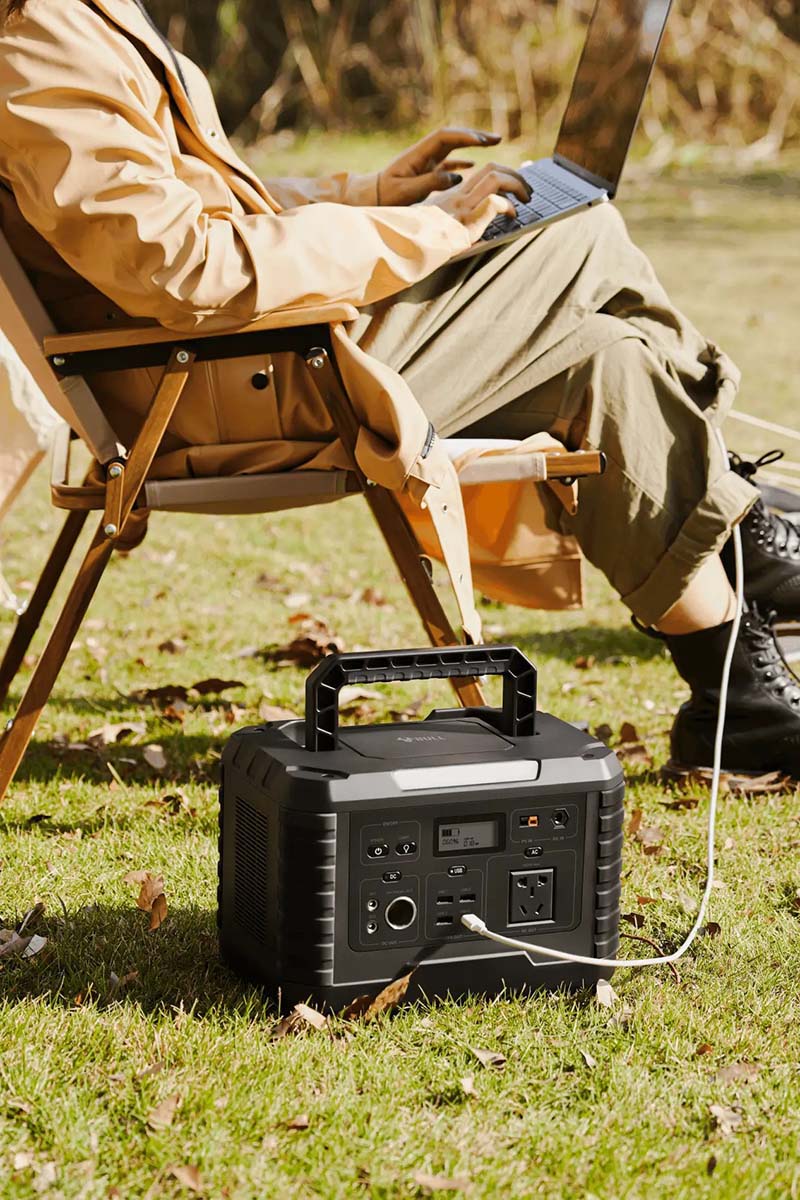how to power off grid
Portable power station can be used for Wireless microphones, LED camping lights, Game consoles, Smartwatches, Portable speakers, etc, Powering off the grid means living independently from traditional utility services, such as electricity provided by powe...

Essential Devices Powered
- Winter camping can provide power for electric blankets and heaters.
- It consumes little power under low load conditions, reducing unnecessary power loss.
- The design with a centrally located center of gravity prevents it from tipping over during transport.
- Automatically identifies charging protocols, eliminating the need to manually switch fast charging modes.
- The inverter uses a potting process to prevent moisture and corrosion.
Camping Benefits
- Orchard small irrigation water pump operation
- Outdoor yoga speaker power supply
- Router continues to work during home power outages
- Temporary power supply for space testing
- Ambulance outdoor emergency equipment (defibrillator/infusion pump) battery life
Powering off the grid means living independently from traditional utility services, such as electricity provided by power companies. To successfully power off the grid, you need to focus on generating your own energy, managing consumption, and ensuring sustainability. First, invest in renewable energy sources like solar panels or wind turbines. Solar panels are popular due to their ease of installation and decreasing costs. Pair them with a reliable battery storage system to store excess energy for nighttime or cloudy days. Wind turbines can complement solar power, especially in windy areas. Second, reduce your energy consumption by using energy-efficient appliances, LED lighting, and smart home systems that optimize power use. Insulate your home well to minimize heating and cooling needs. Third, consider alternative power sources such as micro-hydro systems if you have access to flowing water nearby. Backup generators fueled by propane or diesel can be useful in emergencies but rely primarily on renewable sources for sustainability. Finally, monitor your energy production and consumption regularly to maintain balance. Living off-grid requires careful planning and commitment, but it offers freedom, cost savings, and a reduced environmental footprint. With the right equipment and mindset, powering off the grid is achievable and rewarding.
Related Content
- portable power station 3000 watts
- portable power station 1000w solar
- best portable power station under $200
- best lithium battery home generators
- toolstation portable power station
- anker solix c300 dc power bank station manual
- lightest weight power bank for backpacking
- vtoman 600w portable power station


